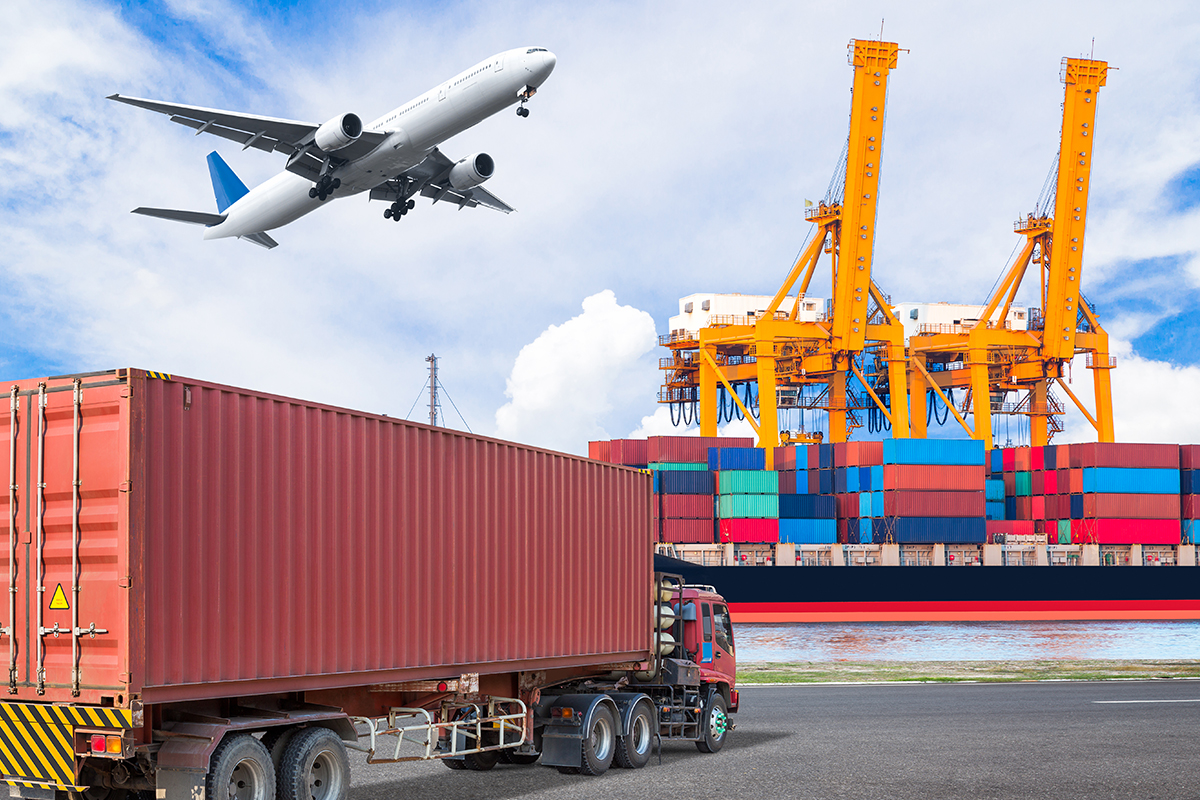Smooth Sailing: Mastering the Art of Shipping

Shipping plays a pivotal role in the world of commerce, enabling the seamless movement of goods across vast distances and intricate supply chains. Whether by sea or air, efficient shipping is essential for businesses looking to import goods from places like China or export products to diverse markets worldwide. In this article, we will delve into the nuances of sea and air shipping , the vital role of forwarders in the process, and how strategic partnerships with forwarders in key locations such as Singapore and China can streamline your logistics operations. From package consolidation to navigating the complexities of sea freight, mastering the art of shipping is essential for businesses of all sizes aiming for smooth sailing in the global marketplace.
The Basics of Sea Shipping
When it comes to sea shipping, it remains one of the most cost-effective and reliable methods for transporting goods internationally. Businesses that are involved in the import and export of goods often rely on sea shipping due to its ability to handle large volumes of products efficiently.
One key player in the sea shipping process is the forwarder, who acts as a vital link between the businesses shipping goods and the carriers responsible for transporting them across the sea. Forwarders help facilitate the entire shipping process, from coordinating logistics to handling documentation requirements.
For businesses looking to ship goods from China, partnering with a reputable forwarder in countries like Singapore can be advantageous due to its strategic location and well-established infrastructure. This collaboration can streamline the sea shipping process, ensuring that goods are transported smoothly and in a timely manner.
Understanding Forwarders and Fulfillment
When it comes to international shipping, utilizing the expertise of forwarders is essential. These professionals serve as intermediaries between importers and exporters, ensuring that goods are transported smoothly and efficiently. By partnering with a reliable forwarder, businesses can navigate the complexities of sea and air freight with ease.
In addition to forwarders, fulfillment services play a crucial role in the shipping process. These services involve the storage, packaging, and shipping of goods on behalf of businesses. By outsourcing fulfillment tasks to specialized providers, companies can streamline their operations and focus on core business activities. Fulfillment centers in strategic locations such as Singapore and China can offer significant advantages in terms of speed and cost-effectiveness.
Choosing the right forwarder and fulfillment strategy is key to optimizing the shipping process. By working closely with experienced professionals in the industry, businesses can ensure that their import and export goods reach their destination securely and on time. Whether by sea or air, effective package consolidation and shipping management are essential components of a successful shipping strategy.
Optimizing Shipping Methods
When it comes to optimizing your shipping methods, it's essential to consider both efficiency and cost-effectiveness. By carefully selecting between sea shipping and air freight based on the urgency of your shipment, you can ensure timely delivery while keeping expenses in check. Additionally, utilizing package consolidation services can help streamline the shipping process by combining multiple smaller shipments into one cohesive package for more efficient transportation.
For businesses looking to enhance their shipping operations, partnering with reputable forwarders in strategic locations such as China and Singapore can be a game-changer. These forwarders can offer valuable insights into the intricacies of international shipping, ensuring seamless import and export processes. By leveraging their expertise, businesses can navigate complex logistics with ease and benefit from smoother transactions overall.
Lastly, investing in technology-driven solutions for shipping and fulfillment can significantly improve operational efficiency. From automated tracking systems to real-time analytics, modern shipping platforms provide valuable data insights that help businesses make informed decisions. By harnessing the power of technology, businesses can optimize their shipping methods, minimize errors, and ultimately enhance customer satisfaction.